It’s been 10 years since the Mastercard Foundation began offering full scholarships to aspiring young leaders from sub-Saharan Africa, empowering them to get a world-class education at partner institutions around the globe.
Over 100 students have come to McGill University as Mastercard Foundation Scholars since the program was launched, and 87 have since graduated. Offering comprehensive support that includes internships, leadership development, and mentorship, the Mastercard Foundation Scholars Program encourages participants to make use of all the resources McGill has to offer.
This partnership has been transformative not only for the Scholars themselves but also for McGill as an institution. “Bringing new perspectives, initiatives and ideas, Mastercard Foundation Scholars have deeply enriched student life on our campuses in the past decade,” says Marc Weinstein, Vice-Principal of McGill University Advancement. “The success of this program has also increased our engagement in Africa and sparked exciting new collaborations with the Mastercard Foundation.”
Here are 10 ways Mastercard Foundation Scholars have benefited from – and given back to – the McGill community through their academic, professional, and extracurricular pursuits.
1. Leading student groups
The student leadership roles Bior Ajak, BA’20, took on were a vital part of his McGill experience. While completing a degree in Economics and International Development Studies, he served as Vice President of the McGill African Students’ Society, helped organize African Cultural Weekend, and participated in the McGill Leaders Alliance Summit as a Student Ambassador.
“My exposure to student leadership at McGill taught me community building, responsibility, and accountability,” says Ajak, a Mastercard Foundation Scholar who grew up in South Sudan and Kenya. “By the time I left McGill, I was confident that I could stand on any stage, across any culture, and make my voice heard. It is a superpower that is not only helpful in my professional life, but also in my personal relationships.”
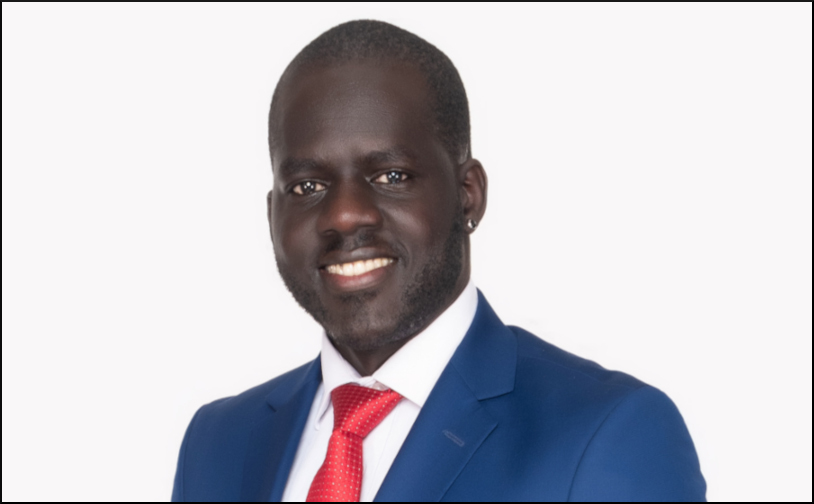
2. Participating in hands-on internships
Winnie Nyakundi, BEng’20, a Kenyan Scholar who studied Electrical Engineering, completed an internship at the African Leadership College in Mauritius, where she helped design a robotics class for undergraduate students.
“My experience at ALC was wonderful. On a professional level, I am grateful to have had the opportunity to gain exposure to robotics design and coding experience in Java. I worked with a highly collaborative and creative team which is truly focused on developing a new generation of young African leaders,” says Nyakundi. “This opportunity gave me a chance not only to impact individuals but also a society at large.”
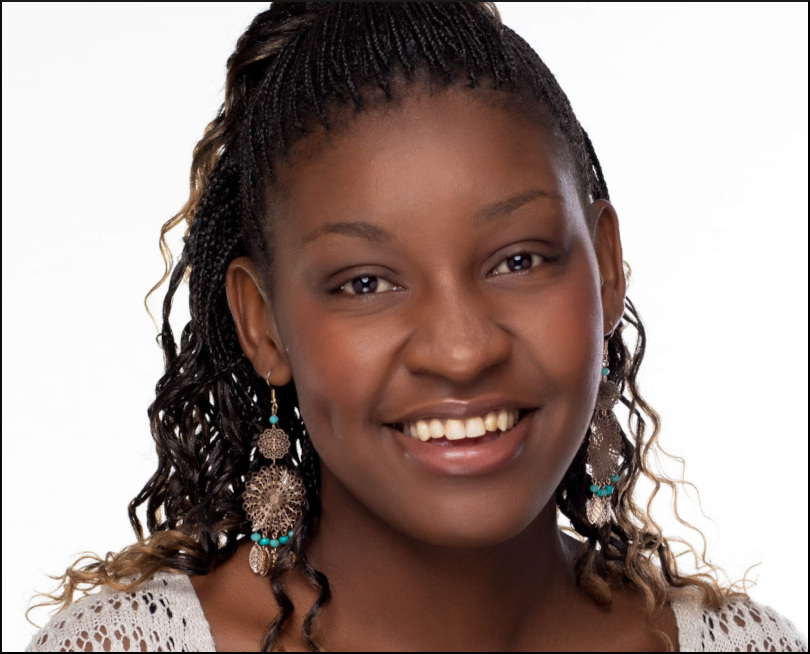
3. Networking with global experts
During the first year of his master’s in Animal Science, Oluwaseyi Adeboye, MSc(A)’21, had the opportunity to meet with World Bank Group President David Malpass. Having previously worked with a food security organization in Nigeria, Adeboye wanted to discuss strategies to improve poverty alleviation and food security in Africa.
“The discussion with the World Bank President further exposed me to how innovation may turn out to be a big advance in development policy that allows people to move from a tedious barter economy to a better market economy,” says Adeboye. “Also, the meeting was a leadership training ground for me as my perspective changed from the national to the global.”
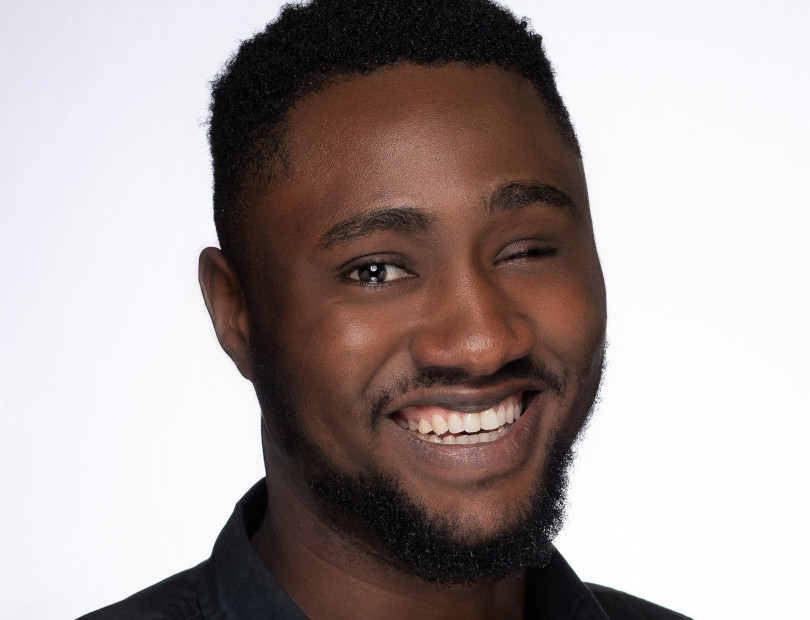
4. Discovering solutions through research
Ugandan Scholar Ibrahim Kasujja, MSc(A)’22, completed a summer research project on child food insecurity at Makerere University in Uganda as part of his master’s in Human Nutrition.
“Engaging in the research project was a wonderful experience that I can never forget, as it allowed me to develop an instrument that could measure hunger among school children,” says Kasujja. “The project allowed me to translate the theory and design something tangible. I hope to grow my ideas even after school as part of my career.”
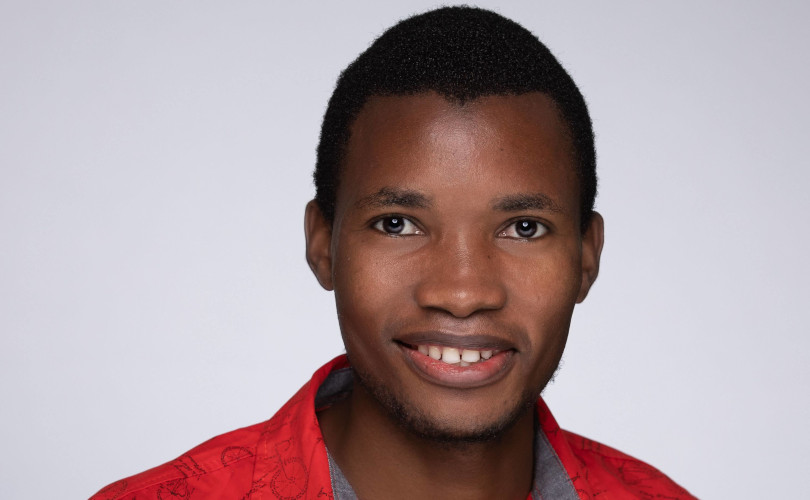
5. Launching innovative start-ups
Oluwabunmi Medese Amosu, MA’22, co-founded a non-profit called Smart Innovation Hub while completing a master’s in Education and Society. At the 2022 McGill Dobson Bootcamp & Cup Competitions, the Smart Innovation Hub team pitched the idea for a smart period pad designed to meet the needs of young girls in Nigeria.
“Smart Innovation Hub won $18,000 for first place in the Mastercard Foundation Startup Awards and third place in the Dobson Social Impact Enterprise Track,” Amosu explains. “All these awards and entrepreneurship exposure wouldn't have been possible without my scholarship at McGill University, all thanks to the Mastercard Foundation Scholars Program.”
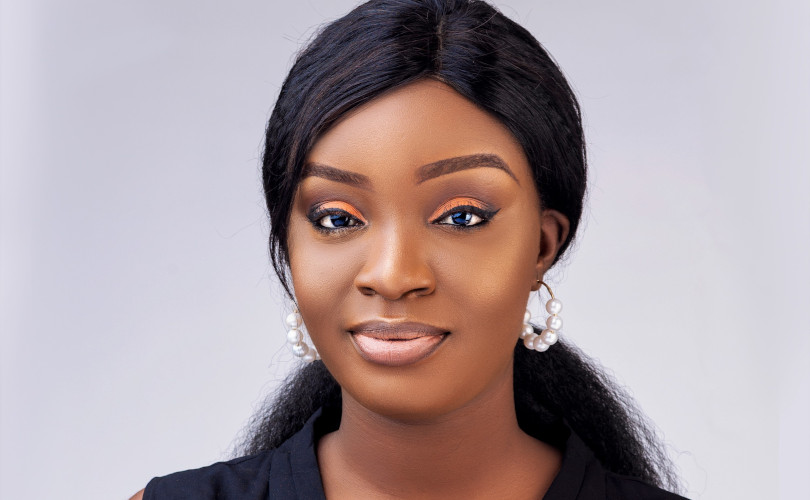
6. Discovering new career paths
During her master’s in Electrical Engineering, Tanzanian Scholar Monica Mhina, MEng’20, interned at a financial technology company in Dar es Salaam. This experience opened up new career opportunities for Mhina who later co-founded a start-up to help improve financial inclusion in Tanzania.
“The internship allowed me to dive into a field I had little to no experience in. It gave me a birds-eye view of what the corporate world is and challenged me every single day. The internship made me think of financial inclusion as a sector that could positively affect many lives in Tanzania,” says Mhina.
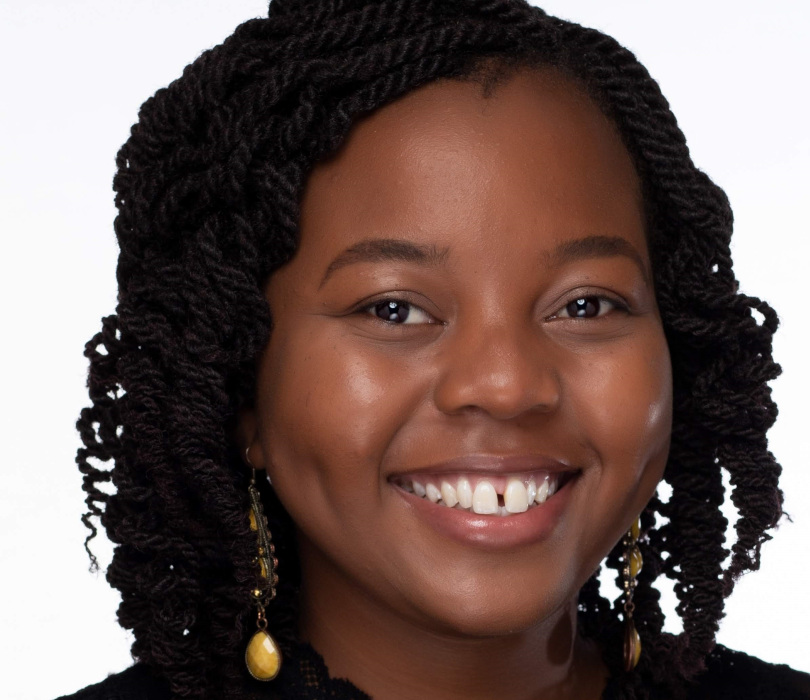
7 . Finding inspiration at conferences
Ndey Yassin Camara, BSc’21, a Scholar from The Gambia, attended a conference in Ottawa on African and Canadian Women in STEM (science, technology, engineering, and mathematics) during her second year of studies in Physiology at McGill.
“I was truly inspired by the stories these women narrated and how graceful they turned out to be. Spending the entire day with women such as the Ambassador for Senegal and Uganda, researchers, engineers and the first woman to graduate with a PhD in maths in Kenya at the age of 28, left me motivated and hopeful that all things are possible if you work hard for what you want,” says Camara.
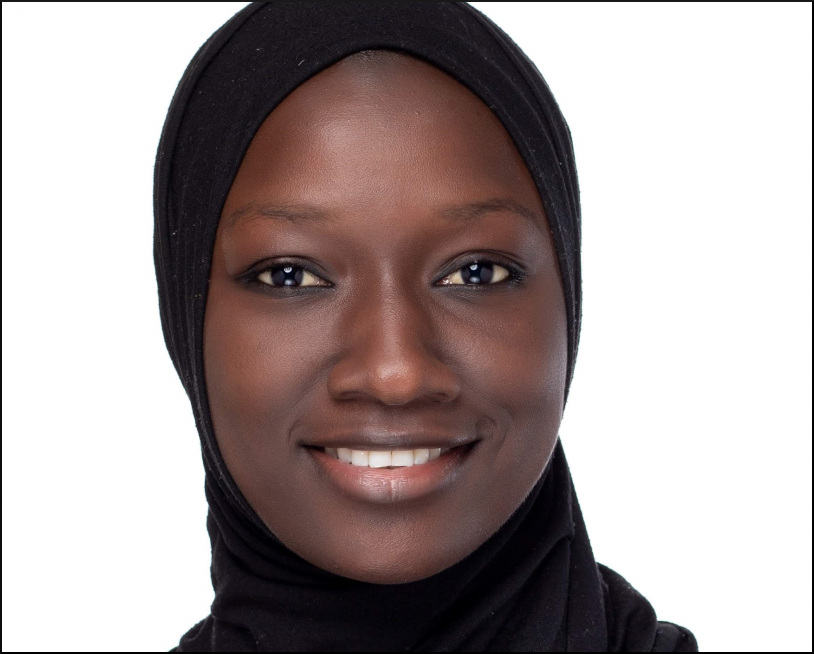
8. Attending the annual Baobab Summit
The Baobab Summit is an annual event that brings together Mastercard Foundation Scholars for three days of fellowship, learning and mentorship. Pa Musa Touray, BScN’21, a Scholar from The Gambia who was studying Nursing, attended the 2019 Baobab Summit in Kigali, Rwanda, on his first-ever trip to East Africa.
“Attending the Baobab Summit has been one of the best experiences of my life. Assembling scholars, professors, professionals and government officials from around the world in one setting is a rare opportunity, and I made sure to utilize every moment to my advantage,” says Touray.
“The entrepreneurship session was life-changing for me. It not only provided enormous insight on various entrepreneurship opportunities in Africa, but also investment strategies to sustain and grow business, especially in areas with stiff competition.”
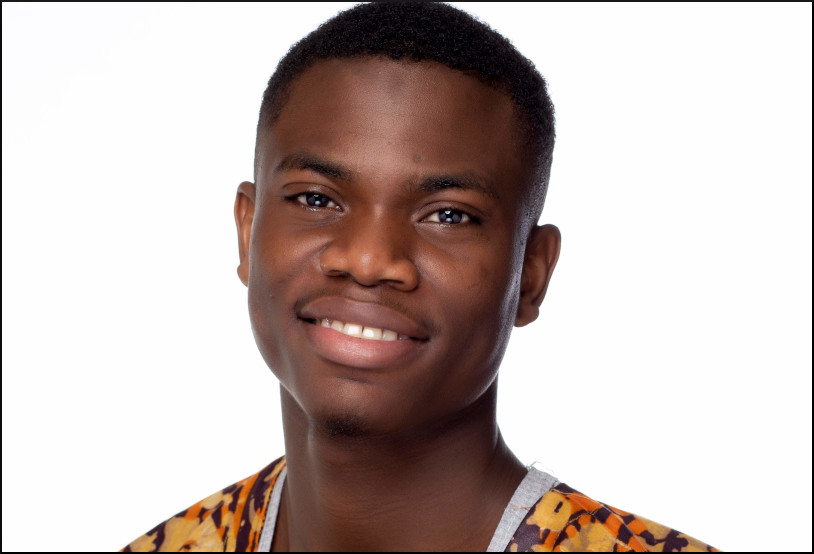
9. Training to be policy leaders
Fanuel Sbhatu Gebremeskel is one of two Mastercard Foundation Scholars who were chosen for the highly competitive Master of Public Policy program at McGill’s Max Bell School of Public Policy in 2021. Gebremeskel, who holds a Bachelor of Laws, came to McGill to learn how to help vulnerable people that the Ethiopian legal system discriminates against.
“It’s absolutely necessary to understand and analyze the public policies that are impacting our lives,” Gebremeskel said in an interview with the Max Bell School. “As far as access to justice is concerned, studying at McGill will help me understand the specific policy issues that are creating these inequalities.”
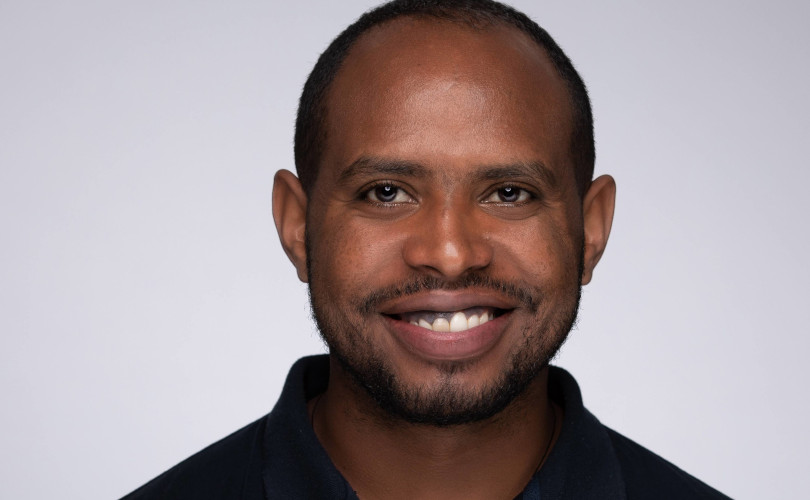
10. Staying connected after graduation
After completing a degree in International Development Studies, Nigerian Scholar Raphael Ajima, BA’19, was hired as the Program Administrator for the Mastercard Foundation Transitions Project (MCF-TP) at McGill. Launched in 2020, the Transitions Project was created to support graduating Scholars as they move into the workforce and strive to make a difference in Africa.
“Working at McGill and in the MCF-TP has been a rewarding and fulfilling experience. I get to support fellow MCF Scholars and Alumni through the four pillars of the Transitions Project (Experiential Learning, Entrepreneurship, Professional Development, and Mentorship), and live the MCF Scholars Program’s ethos of giving back to the community,” says Ajima.
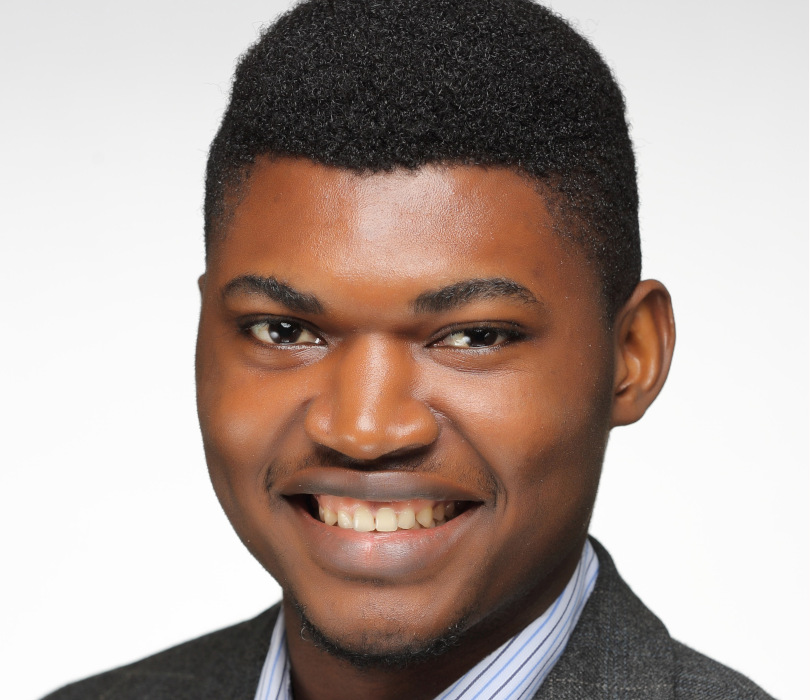
The partnership continues…
McGill welcomed its final cohort of Mastercard Foundation Scholars in 2021, but the University’s partnership with the Foundation is far from over. In addition to the Transitions Project, the University is ramping up other collaborations with the Foundation in Africa.
In September 2022, a delegation of McGill leaders travelled to Ghana and Senegal to meet with Foundation representatives and other academic, industry, non-profit, and government partners. McGill looks forward to building on the success of the Mastercard Foundation Scholars Program and deepening collaboration with African partners on new initiatives that create impact in Africa.
If you are a McGill graduate living in Africa and are interested in getting involved with University activities, please contact the McGill Mastercard Foundation Transitions Project at mcf-transitions@mcgill.ca.

